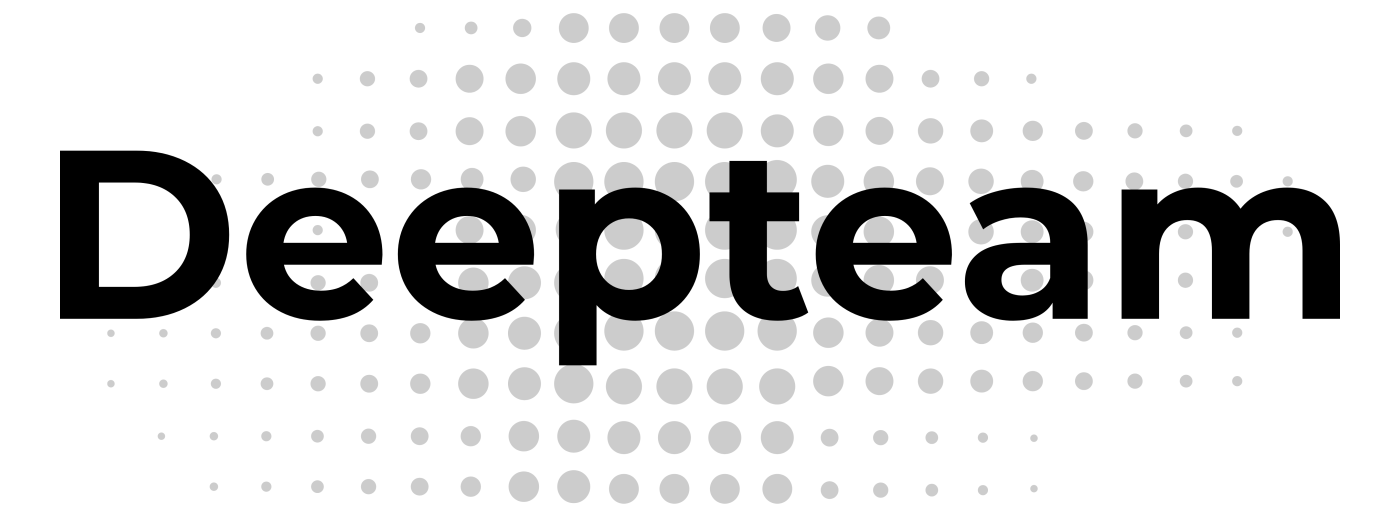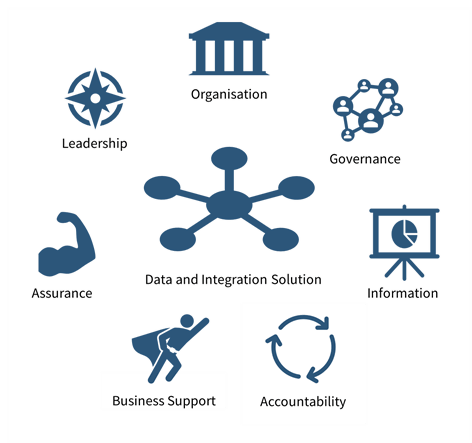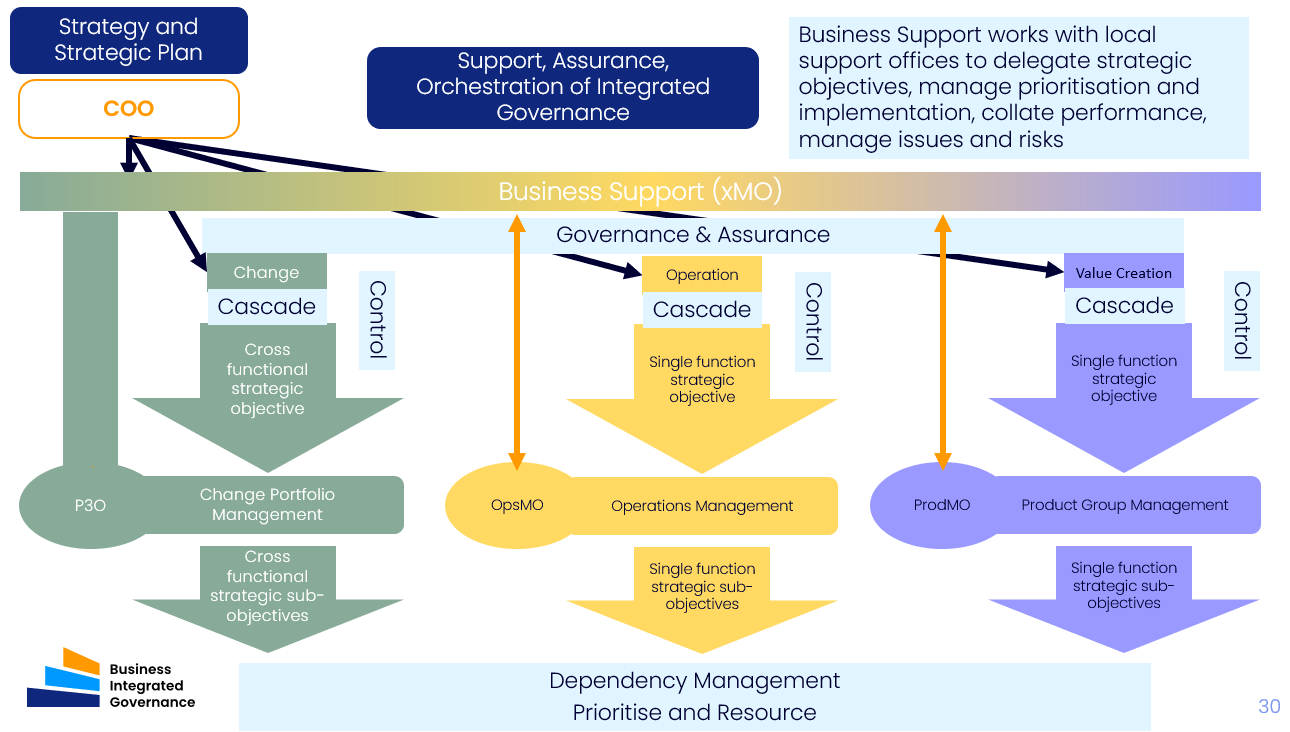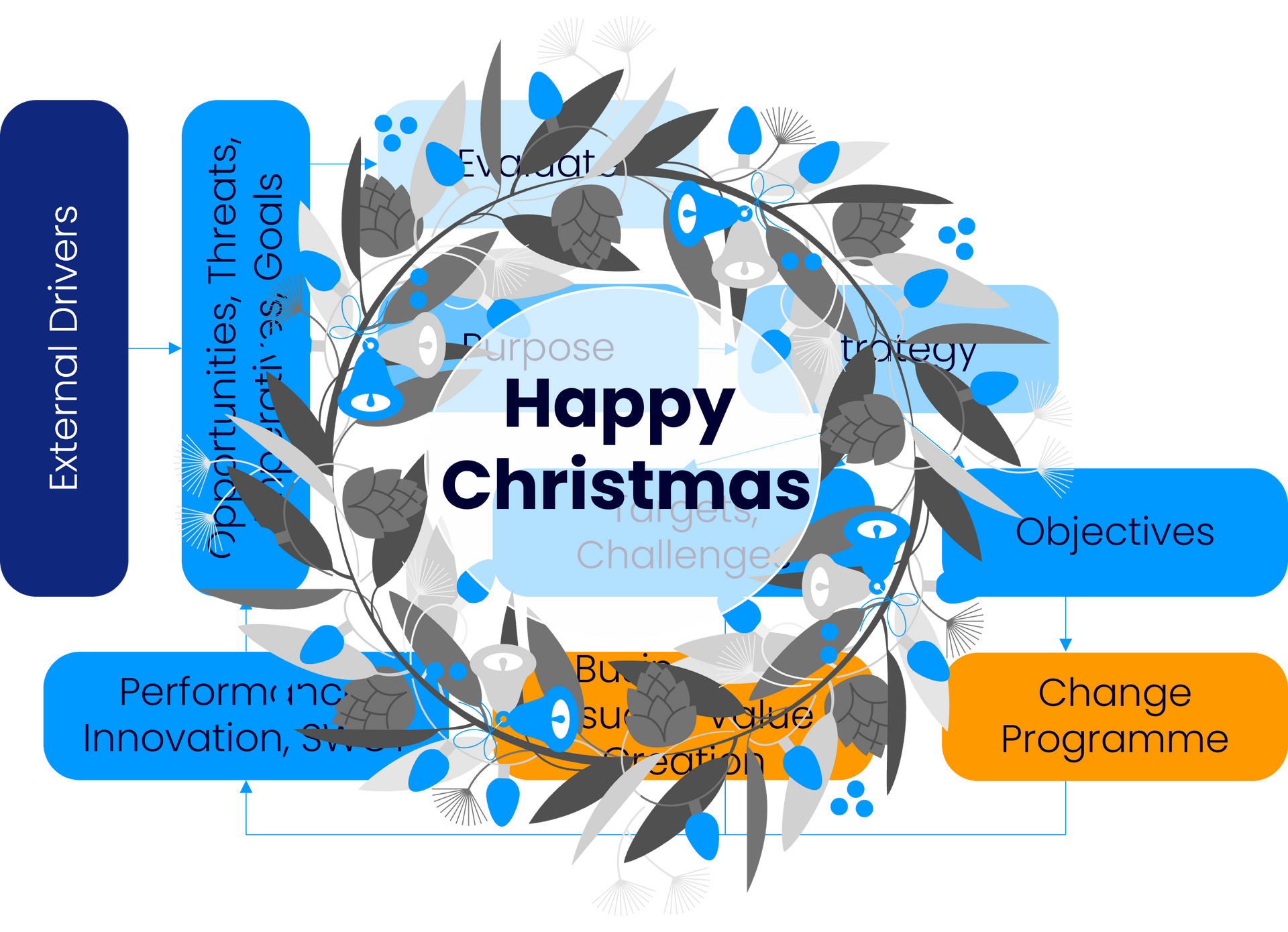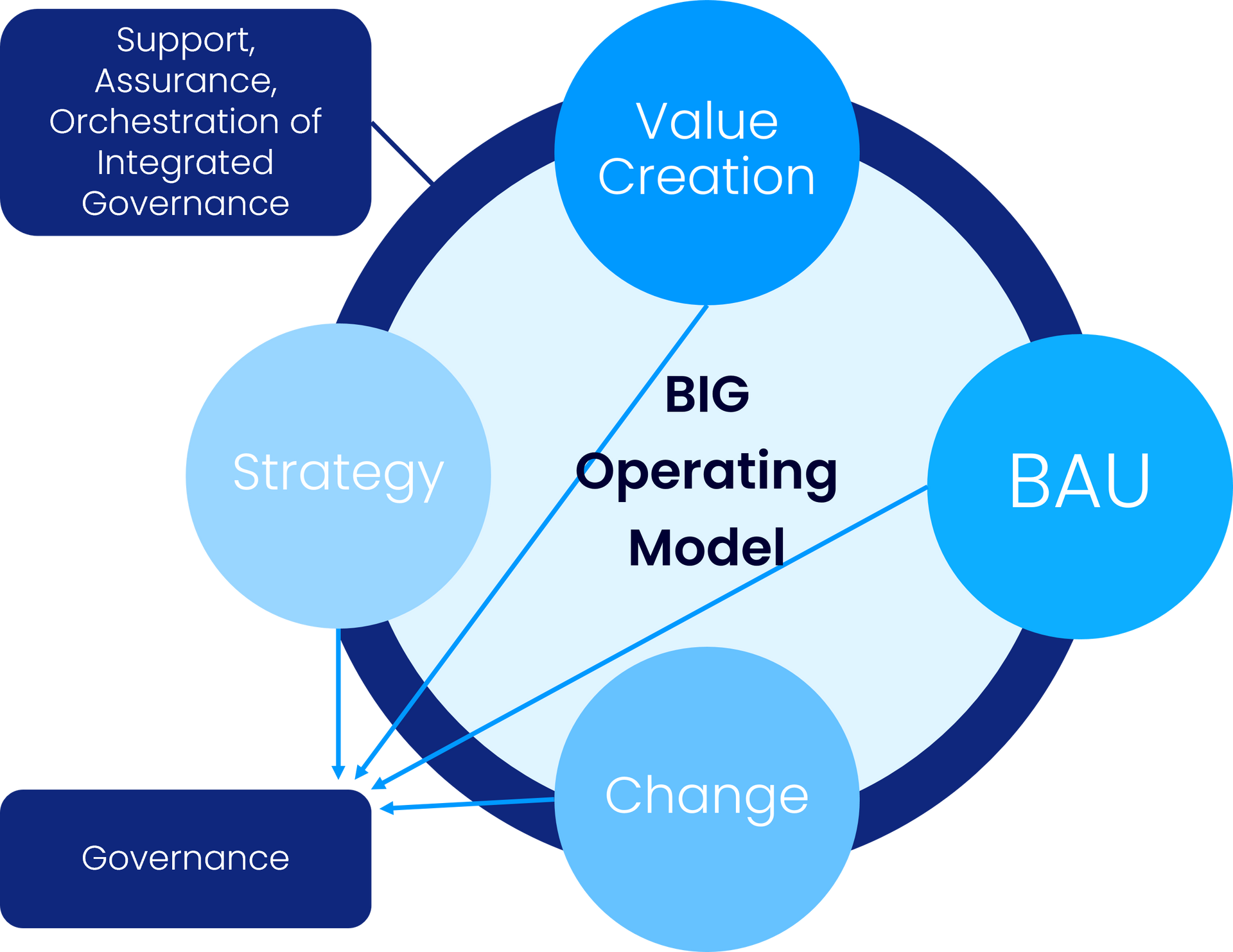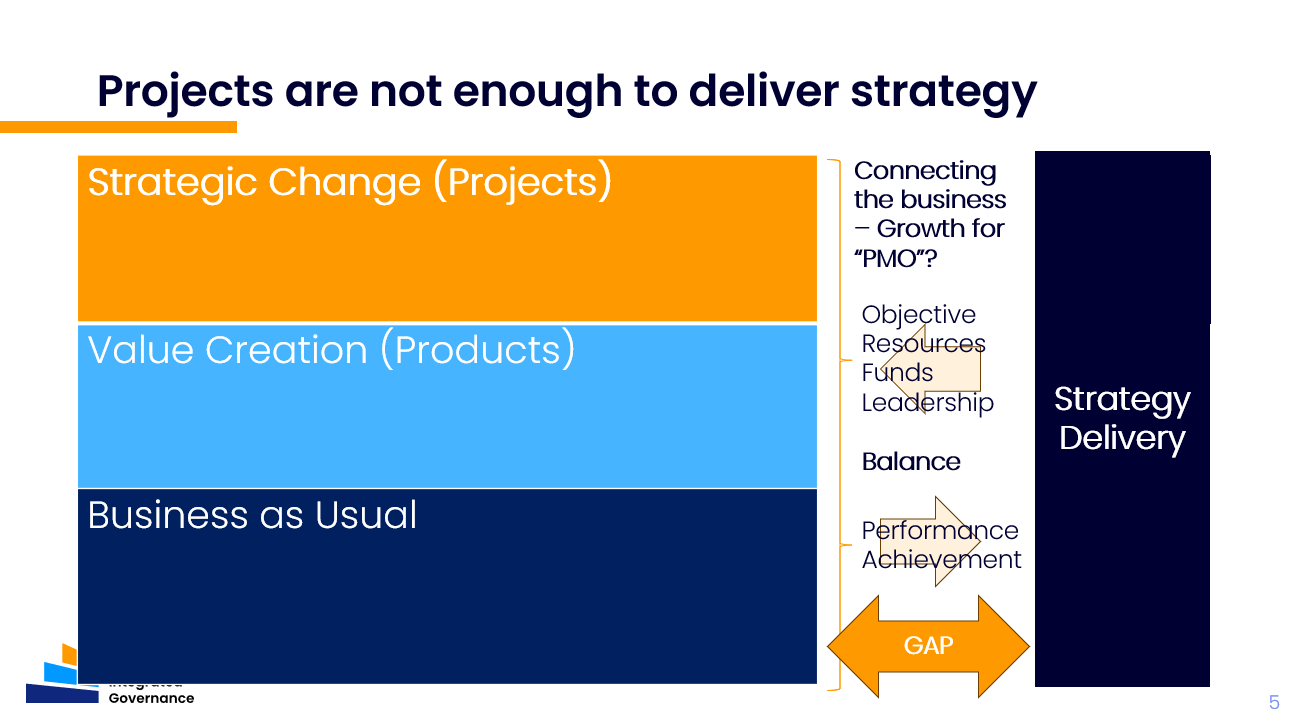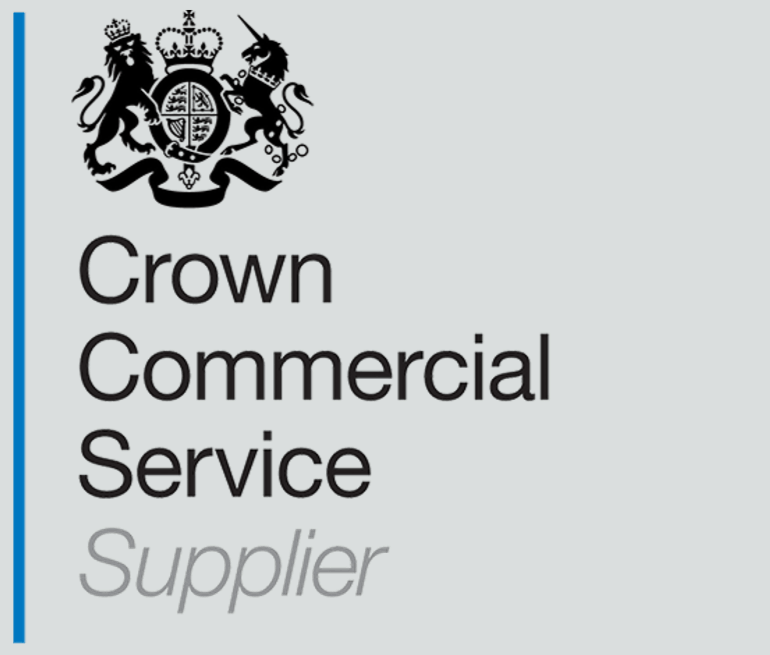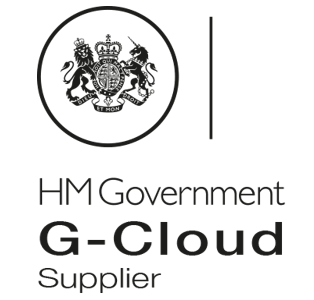Good Governance of change is a key element of the Business Integrated Governance (BIG) framework (see Praxis and Business Integrated Governance - Praxis Framework). The aim of this model is to integrate project, programme and portfolio governance with strategic and tactical Business as Usual governance. Each element of BIG is described in detail both in Praxis and on the Deepteam website DeepTeam.
Let’s just concentrate on the governance aspects of this model, albeit it cannot be divorced from the other components as it is an “integrated” framework. Here are ten golden rules for healthy project or programme governance.
